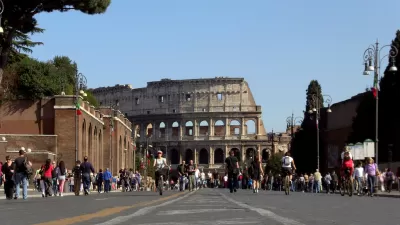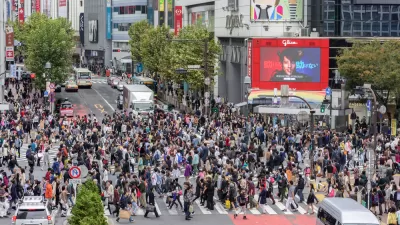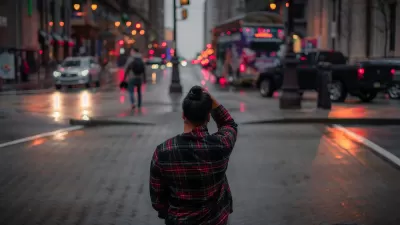With the rise of globalization, and urbanization, people are rethinking how cities should be structured in terms of transportation and mobility. Is it possible to reconfigure auto-centric cities into pedestrian-friendly spaces?

Towards a walking world
An interdisciplinary research team at Arup has spent the last six months exploring this question. The resulting publication, Cities Alive: Towards a Walking World, looks at 80 case studies around the world, identifying 50 benefits of increasing the walkability of cities and 40 actions that could be taken right now to help us reach this goal.
Perhaps most importantly, it describes 50 “drivers of change” — reasons that making cities more walkable should and could happen today. “There are the demographic factors, such as aging populations and shrinking families, leading to an increasing need for social experience to avoid isolation and social exclusion,” said Demetrio Scopelliti, an architect at Arup’s Milan office and the project’s lead researcher.
FULL STORY: Walkability reaches a tipping point

Alabama: Trump Terminates Settlements for Black Communities Harmed By Raw Sewage
Trump deemed the landmark civil rights agreement “illegal DEI and environmental justice policy.”

Study: Maui’s Plan to Convert Vacation Rentals to Long-Term Housing Could Cause Nearly $1 Billion Economic Loss
The plan would reduce visitor accommodation by 25% resulting in 1,900 jobs lost.

Planetizen Federal Action Tracker
A weekly monitor of how Trump’s orders and actions are impacting planners and planning in America.

Federal Homelessness Agency Places Entire Staff on Leave
The U.S. Interagency Council on Homelessness is the only federal agency dedicated to preventing and ending homelessness.

Restoring Northern India’s Himalayan ‘Water Temples’
Thousands of centuries-old buildings protect the region’s natural springs and serve as community wells and gathering places.

Milwaukee to Double Bike Share Stations
Bublr Bikes, one of the nation’s most successful, will add 500 new e-bikes to its system.
Urban Design for Planners 1: Software Tools
This six-course series explores essential urban design concepts using open source software and equips planners with the tools they need to participate fully in the urban design process.
Planning for Universal Design
Learn the tools for implementing Universal Design in planning regulations.
Caltrans
Smith Gee Studio
Institute for Housing and Urban Development Studies (IHS)
City of Grandview
Harvard GSD Executive Education
Toledo-Lucas County Plan Commissions
Salt Lake City
NYU Wagner Graduate School of Public Service





























